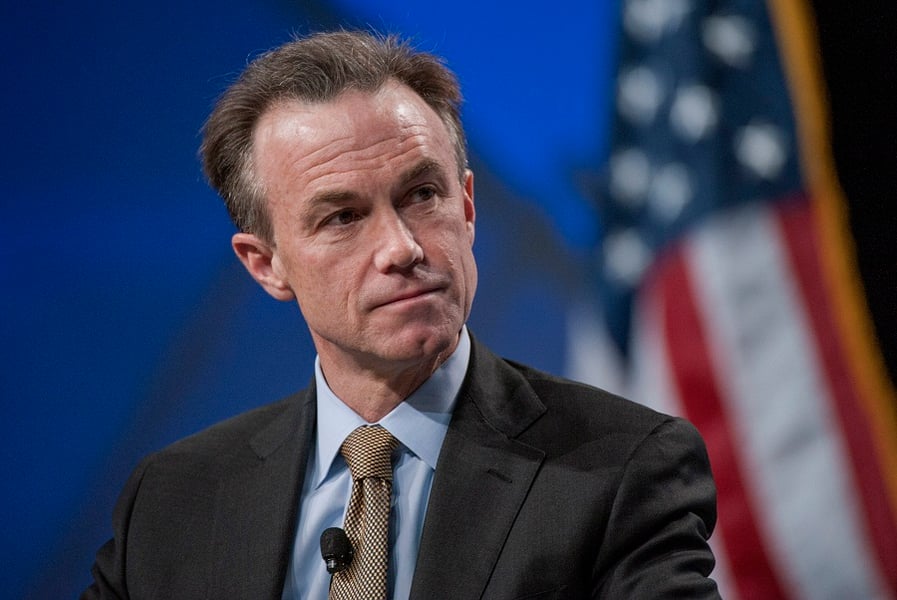Greg Fleming, president of Morgan Stanley's wealth management and investment management divisions, now will oversee only wealth management, according to a memo sent out Thursday at the firm.
The shift came as a surprise to industry observers. Mr. Fleming, one of the highest paid executives at the firm, was once viewed as a
possible successor to James Gorman, Morgan Stanley & Co.'s CEO.
The reassignment, however, narrows his responsibilities and makes that less likely, several former employees and officials at the firm speculated.
“Obviously, something is going on in the executive suite, and he's not viewed the same way he has been,” said a source familiar with the situation.
The memo was signed by Mr. Gorman, Mr. Fleming and Colm Kelleher, chief executive of Morgan Stanley International and president of Institutional Securities.
Mr. Fleming is generally well-regarded by observers and employees who said he came into the firm at a critical time following the Smith Barney acquisition and turmoil of the financial crisis and spent time addressing concerns of advisers and management in the field. He has helped lead the wealth unit to healthy profit margins, which this year reached Mr. Gorman's goal of 22% to 25% by year's end.
A source at the firm said that Mr. Fleming, 52, was still several years younger than many of his peers and that leading the wealth unit, which comprises around 40% of the company's revenue, still makes him a strong candidate if Mr. Gorman were looking for a successor several years from now. The move was made to allow another executive to focus solely on investment management and grow that unit individually, the source said.
A former co-head of Morgan Stanley's underwriting unit and long-time veteran of the firm, Dan Simkowitz, was tapped to replace Mr. Fleming as head of the investment management unit.
Mr. Fleming joined Morgan Stanley as president of the investment management unit in 2010 after holding several leadership roles at Merrill Lynch & Co. He took on the wealth management role the next year and was tied as the second-highest-paid executive at the company in 2014 with a
$16 million compensation package.
The source noted, however, that five years was a long period of time for an executive to lead a wealth unit at a large firm. Morgan Stanley has 15,800 brokers. Mr. Fleming has been rumored in the past to have explored other opportunities, including top roles at private equity firms.
“This could accelerate his efforts to do something else,” the source said.
Bloomberg News contributed reporting to this story.







